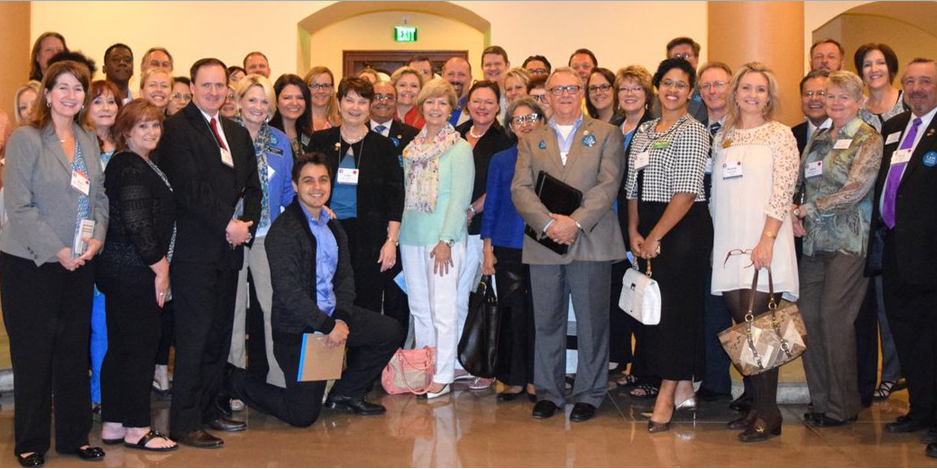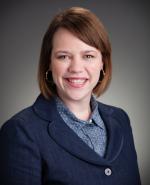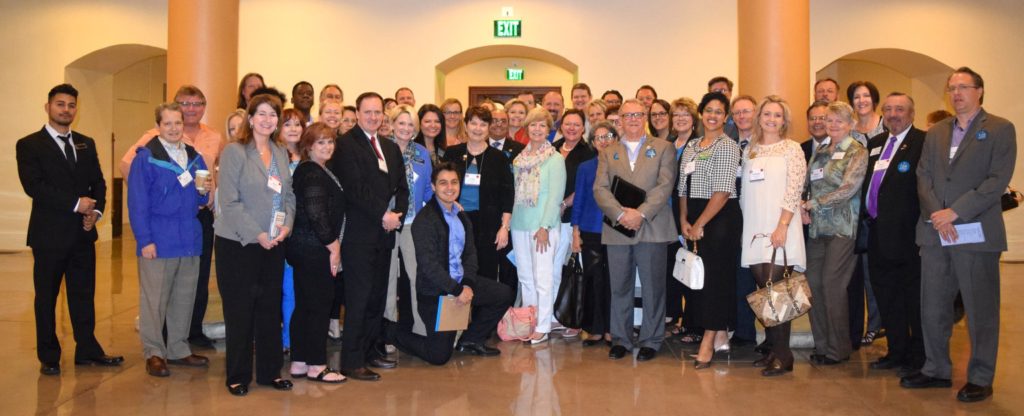
Guest post from Austin Board of REALTORS® Emily Chenevert (Essential 2016).
How turning away from stereotypes can lead us toward more political unity.
Say the phrase “special interest groups” and immediately, images of deals brokered in smoky backrooms or over drinks come to mind. In fact, we just saw a similar narrative play out in our local community and create a divide not necessarily over the value of the policy being negotiated, but more over the values of the business interests and the tactics leveraged to manipulate the proposed policy.
The reality, however, is that most special interest groups are actually comprised of everyday people for whom a particular set of issues is of more importance than a political party or individual candidate. That sounds a lot like the bipartisan initiatives we all say we want. I am not here to defend Uber, but I am here to talk about the positive role that organizations made up of people who live and work here have in our political and policymaking process. My organization’s members, Central Texas REALTORS®, are a great example of grassroots engagement on behalf of “special” or focused interests. Our work on a variety of issues shows that you can keep a singular focus that benefits both the business and community interests in any given issue.
Let’s take real estate issues at the federal level, for example. The average age of a political staffer in Washington, D.C., is 31 years old. Most have never purchased a home. On the flip side, the elected officials they advise are often so established that they haven’t bought or sold a home in decades. That means those making policy decisions about something that changes rapidly and affects a majority of their constituents – buying or selling a home – don’t have direct, current experience in the process. Someone has to fill that knowledge gap and that someone is special interest groups, who work on these issues year after year, long beyond the tenure of most lawmakers and staffers.
Now let me be clear: not all special interest groups are created equal and there are many who pretend dollars can replace true grassroots support. That is not what I’m talking about. What I’m talking about are groups made up of residents from the areas where they seek to shape policy taking an active role in educating elected officials about what they believe is good for their communities.
And the best thing about it is that those groups are rarely politically affiliated. In fact, most cannot align with one party over another because if you’re an advocacy organization of significant size and reach, you won’t live long if you align yourself just with one party or platform. To be an enduring force for those you serve, you have to show how you can work with officials from all sides and help create progress, despite party divisiveness.
I’ve dedicated my career to advocacy and in that time, I’ve never heard someone disagree with the statement that we need more bipartisanship in politics. In fact, generally, everyone nods their heads emphatically and wishes “those other people” would get the message and start cooperating. So, as Leadership Austin explores opportunities to bridge the political divide, let’s look to those who have been doing it for decades to help lead us beyond platitudes and toward real progress.
On May 24, Leadership Austin’s Engage Series will feature Mark McKinnon discussing the current political divide. The Austin Board of REALTORS® is the Presenting Sponsor of the Engage Series. Info and tickets.
NOTE: The opinions of Leadership Austin alumni, faculty members, and guest bloggers are their own, and do not represent an official position of the organization.


